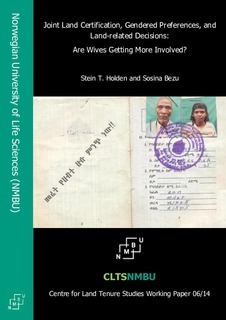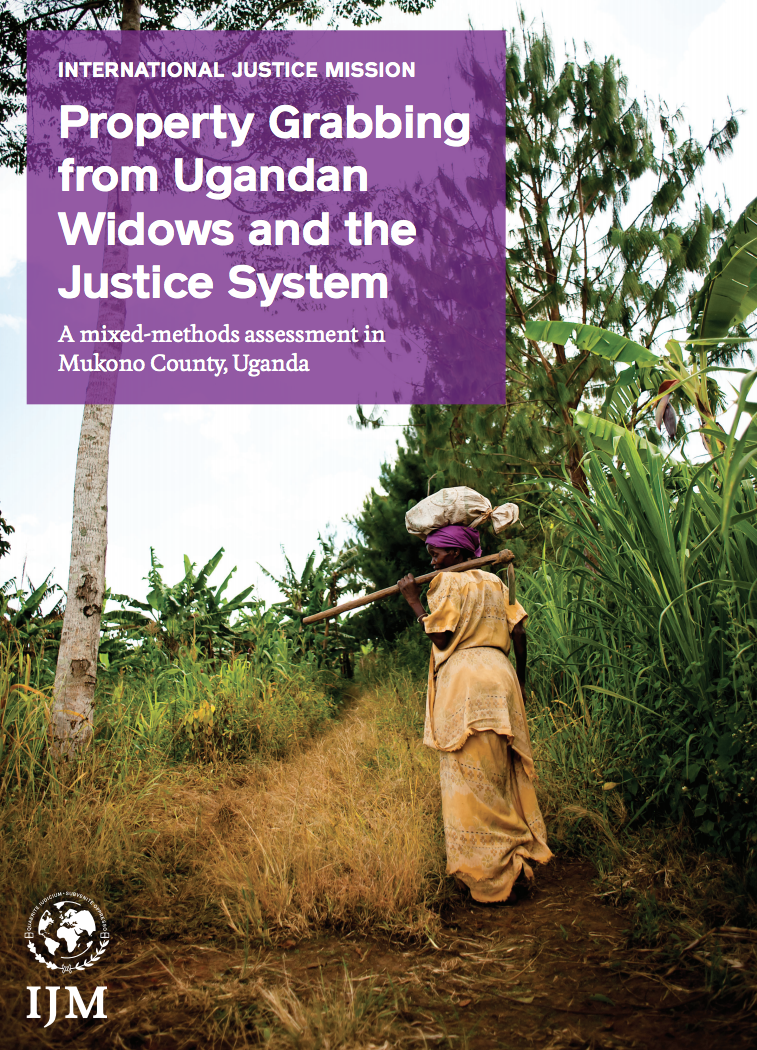Land-use/land-cover (LULC) change and socioeconomic conditions of local community in the central highlands of Ethiopia
This paper presents a case study of land-use/land-cover (LULC) changes from 1975 to 2014 in the central highlands of Ethiopia and traces out its impact on socioeconomic conditions of the local community in the study area. We used four time series Landsat satellite images, that is, Landsat MSS (1975), Landsat Thematic Mapper (1986), Enhanced Thematic Mapper (2000), and Landsat 8 OLI scenes (2014), to investigate the changes in LULC.







